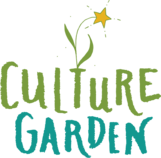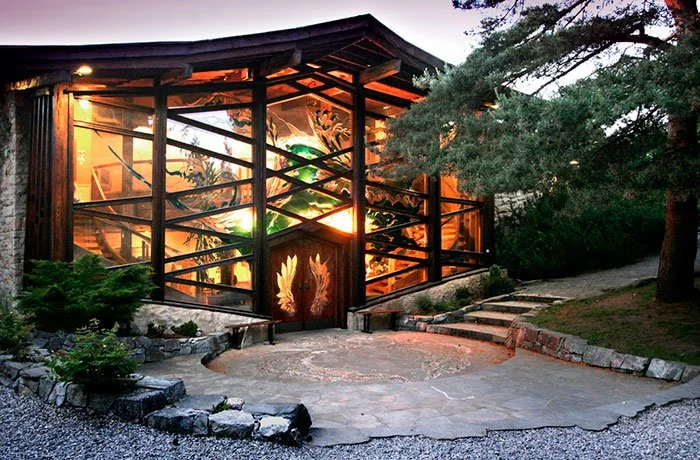Supporting Healthy Group Cultures
I lived for a decade in indigenous communities in Northern Canada, as a community member, a foster-care parent, a director of the Education Programs, and as the Health & Social Director. In all these situations — where I was often in the cultural minority — I increasingly became of my privileged simply because of my white skin, and the opportunities I was granted by being born white, in Canada. Even though my early age was fraught with family traumas (see “My Privaledge, My Commitment”).
In the Yukon I worked with First Nations communities for a decade to support their progressive self-government initiatives. As much as I loved my rural remote Yukon community engagement, I developed a sense of loss for my own culture, who had created much of the trauma inflicted on people around the world, over the last 500 years of colonization. I knew that would always be “an outsider”, and I started to understand how I could begin to support my own Western European people to heal from intergenerational trauma that my ancestors exported the world over.
Having worked in Mexico, Vanuatu, BC, Yukon, and Colorado, I could see that the collective trauma of many communities in North America was going through the eye of the needle. From intergenerational trauma in First Nation communities to fractured political infighting in governments more concerned about re-election than performing their elected duty of “public service”. So I decided to get back to my roots (literally where my heritage came from in 1860s when my great grandfather took a boat from Birmingham to New York), and I accepted a contract to support a charity in Findhorn, Scotland.
The moment that changed my life course
I didn’t have any unrealistic expectations of this small spiritual community. But, to my disillusionment, I was devastated in a way I had never been before – even after I had already seen so much suffering in my work the world over. The charity was run by a bully. 6 others had left with burn-out before I arrived, but nobody could fully defend themselves, name the problem or change the system. What I encountered was the definition of bullying, scapegoating, and shadow in an organisation and a community that espoused to the “more beautiful world our heart know is possible”. I had come to expect this from business and government spheres, but I had not fully anticipated the level of disfunction — and unwillingness to learn and grow — in the charity sector.
I was ready, I had trained for this moment, and I had compassion for their lack of skills, but it was here that I realised we humans need clear practical tools to practice ways of being healthy together, if we humans are ever going to achieve any lasting positive change through our actions.
For all the wonderful things I gained from living in Findhorn, I also learned that this type of bad behaviour is rampant in Charity work, where often a martyr mentality reigns, believing they can’t do any harm, if they have such a beautiful mission; that their vision will carry them forward, and all will be well. I have seen so many neglect their poor behaviour under the guise of “doing good”.
So I asked myself – if those working for good in the world had such little skill sets, how can I best support healthy communities? The bullying, abuse of power, and righteousness, was a worse kind of dominance, and power-over behaviour then the governments’ that I had worked within which I had left to find healthier pastures to learn and grow with.
It was this moment where I quickly learned that the world needed much more support than I ever understood. And that shook me to the core — as I realised that it was not political government dysfunction, nor the abuse towards First Nation communities that was the barrier to healthy group cultures. I realised it went even deeper than this. Much deeper, with a long history of oppressive violence, and power-over unconscious behaviour that had to be healed before we could make any significant “positive” change.
In my anger, frustration and sadness, I reminded myself to forgive, as we simply don’t know what we are doing to each other, at a conscious level. Our western society had lost our capacity to build and maintain healthy group cultures.
Culture Gardeners — a way forward
My journey to build an organisation to support healthy group cultures, from domination to partnership was born in Culture Garden in 2016, in partnership with my wife, who understood much better then I how to integrate and support a body based, somatic healing during organisational processes.
We chose the name "Culture Garden" to describe the practice of creating a supportive environment for groups in which a diversity of healthy cultural forms can grow — as our Mother Tree metaphor supplying extra nutrients, sending messages about changes, and enculturating seedlings to thrive in their particular soil, through their extensive root systems.
“‘How’ we are together, informs, nourishes and inspires ‘What’ we can achieve.”
I have traveled to many communities in this beautiful world, experiencing first hand what this balancing and change process looks like, and how best to support its unfolding no matter the geography, the language or the environment surrounding us. I’ve learned how important creating awareness around a healthy group culture is, who needs to be involved in the process (and how!) to ensure that well-supported, lasting change might be possible — supporting the right balance of basic needs being met, while offering our gifts to each other, through being and doing, actions and connection.
To support the transition from domination to partnership, we offer consulting & programs to support Our Philosophy — 'How' we are together, informs, nourishes and inspires 'What' we can achieve. We are primarily human beings, not human doings!
Has your community or organisation struggled to find healthy ways of being together?
Every organisation requires an accountant, volunteers, and an email address, but does it understand the importance of a Culture Gardener?
Have you ever considered finding new Tools and supports for your group culture?

